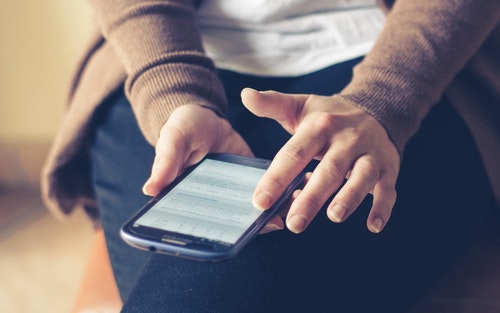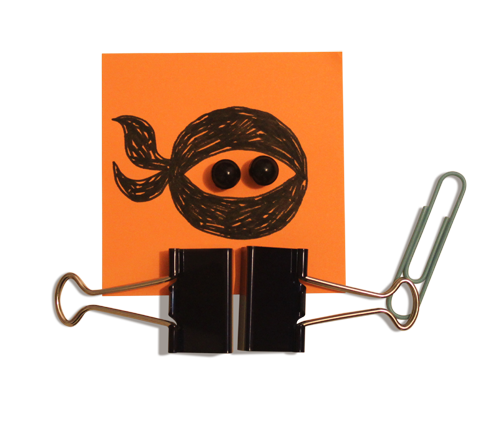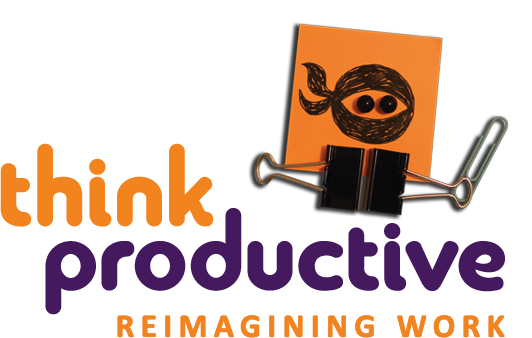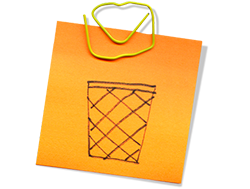Why Do Knowledge Professionals Obsessively Check Their Inboxes?
If I have to make a rudimentary estimate of the number of times the average knowledge professional checks/refreshes their email inbox, I would say it’s more than 30 times during a workday. Research actually shows that it can be anywhere between 70 and 350 times a day. By thinking about this rationally (we are knowledge professionals after all), we can see that this is leaning towards obsessive-compulsive behavior which you can compare to constantly wanting to check your WhatsApp and/or Facebook feed.
See it as your brain’s “obsessive rhythm”: your brain has multiple set rhythms of consecutive actions during the day, e.g. after you get out of bed, when you are in the supermarket or while you are exercising. Your brain doesn’t need to put any effort into this rhythm – after all these years it has been hardwired into your brain.
A lot of people can probably identify with this when they look at their phone behavior – their mental rhythm looks similar to this:
Grab phone -> Check WhatsApp -> Check Facebook -> Check LinkedIn -> Check news -> Rinse & repeat

Wait… I do that as well, but is this obsessive behavior?
If you are in doubt about this I would like to invite you to read the Wikipedia description for Obsessive-compulsive disorder:
“People feel the need to check things repeatedly, perform certain routines repeatedly (called “rituals”), or have certain thoughts repeatedly. People are unable to control either the thoughts or the activities for more than a short period of time.”
Sounds familiar?
During our Time Management Workshops, almost all our participants admit that they have 1 or more obsessive rhythm(s) during the day and they recognize and admit that they check their email inbox in an obsessive way.

If everyone does it, it can’t be that bad…
Here are some of the negative consequences of obsessively checking your inbox day in and day out:
- It’s a waste of time and as you’ll know from our Time Management Training or blog posts, our time is a precious resource.
- It’s a waste of your concentration
- You might continuously feel stressed due to the unresolved tasks that are in your inbox
- You might continuously feel stressed due to all the unanswered conversations in your inbox
- Your brain does not like the stress that is being caused by “loose ends”. It takes a lot of brain capacity and willpower to ignore these loose ends and because of that you don’t have a lot of free mental space left to perform at your highest level (or to relax, which is equally as important).
The result is obvious and recognizable, since all of us experience it when we constantly check our Inboxes at work: it is the eerie feeling of failure, pressure and stress and we can’t give our full attention to the most important tasks at hand.
The Solution
Step 1: start with an email folder structure and free up some mental space. Remember earlier we said that a knowledge professional can only really perform when their inbox is empty.
Does an empty inbox sound too good to be true?
That’s exactly what our email training participants say before they start. After having worked with a folder structure for only 30 minutes some of them have already processed thousands of emails. To start off, use the following folder structure:
Action:
here you place all the emails that you have received that need a reply or an action that requires more than two minutes of your time – otherwise do it immediately.
Reading:
all the emails that you want to read properly at a later time instead of right away.
Waiting:
all the emails that require an action of someone else.
Archive:
all the emails that don’t need to be placed in the above-mentioned folders and that don’t require an immediate action.
Once you have organized these folders you can start structuring your daily emails and you can empty your inbox.
Step 2: use resources to stay OUT of your inbox. Once you have organized your folders, I advise you to drastically reduce the number of times that you check your Inbox. This could be the best decision that you have ever made to improve your productivity.
We advise you to check your Inbox 2-3 times a day – no matter what your job level or your activities are. Make sure that you don’t plan these check moments at times when you are mentally peaking. Use those hours for highly cognitive tasks, not for organizing your Inbox and scanning through it.
It can be tempting to check your inbox more often, especially when you see the email icon on your desktop. It already helps if you change your opening screen within Outlook from Inbox to Calendar and switch off your notifications! The “working offline” mode will become your new best friend.
Are you ready to say Goodbye to obsessive email checking?
By Jan Smit
Jan is one of Think Productive Western Europe’s Team of Productivity Ninjas.
Before You Go…
Interested to hear more about our
Time Management Training and
Email Training?

Get in touch with us here or call toll free
1 844 627 2999

